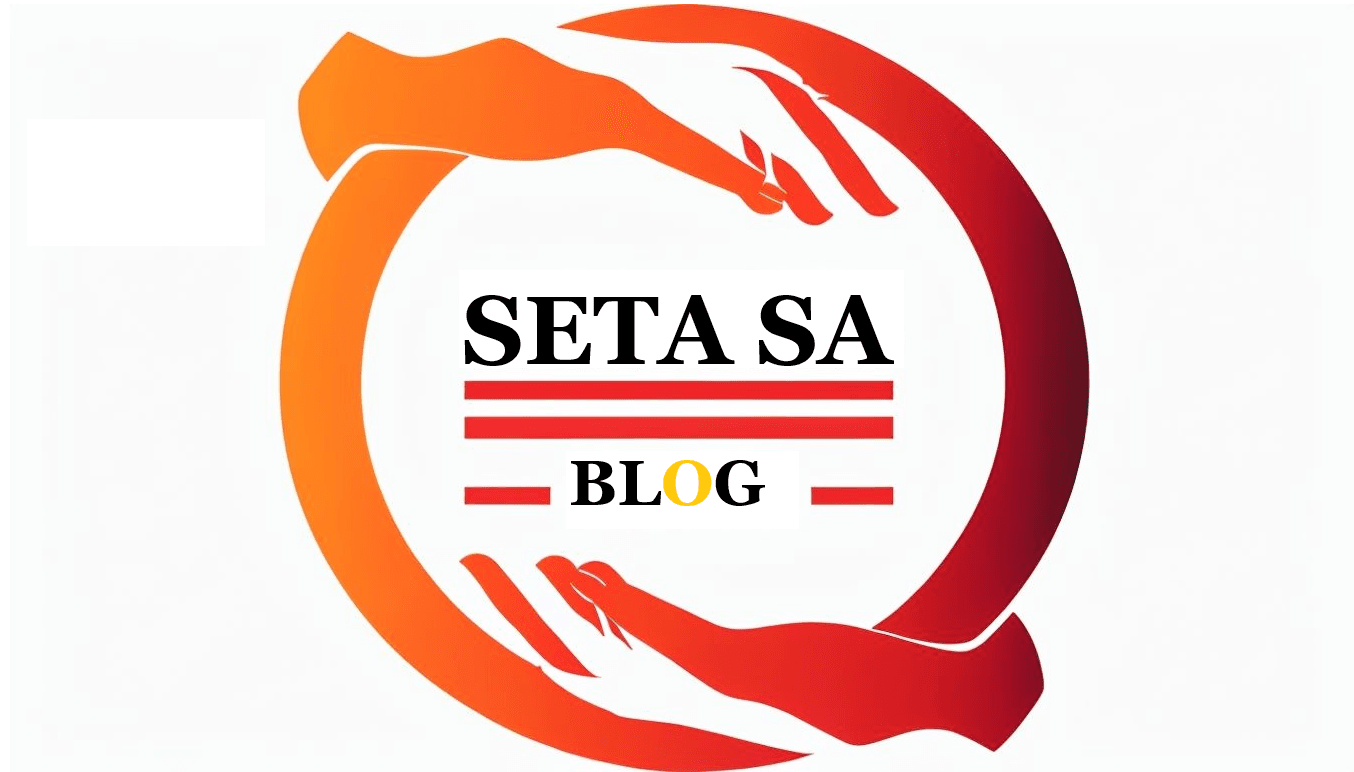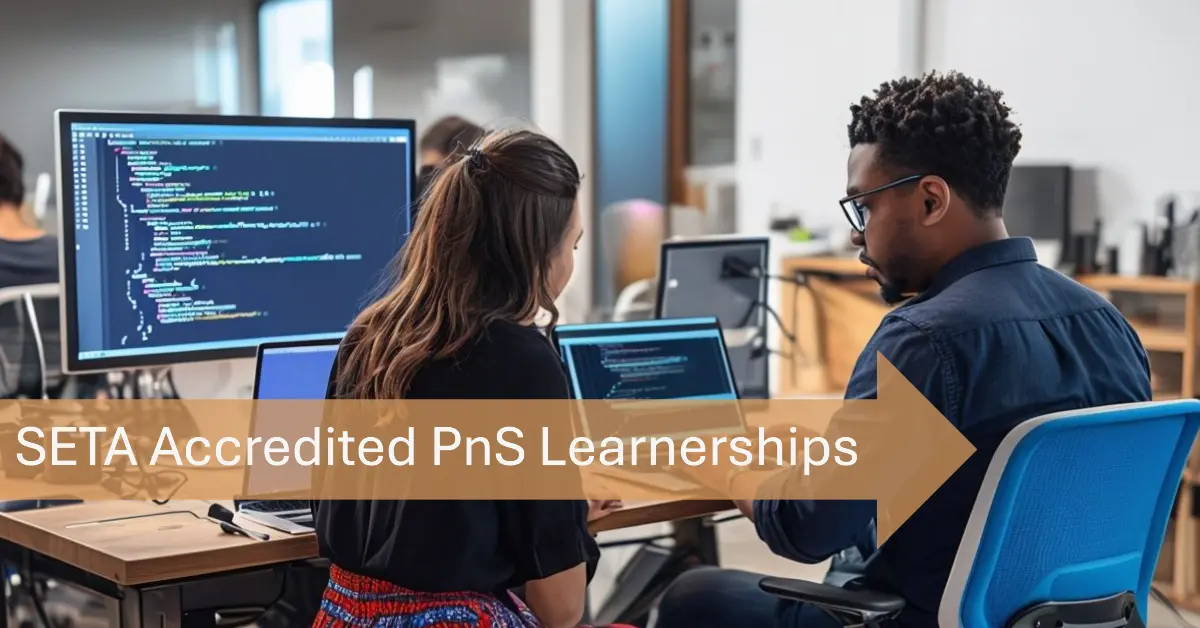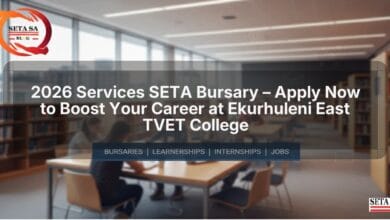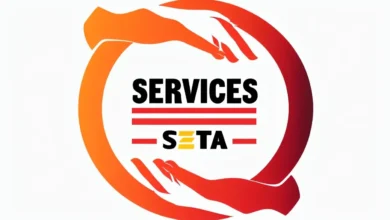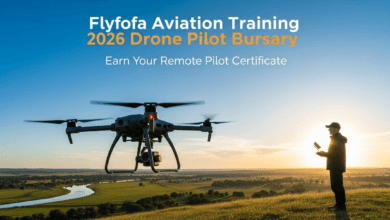SETA Accredited PnS Learnerships
Have you ever wondered how some people land stable jobs in HR, administration, or customer support without spending years at university? For many, the answer lies in SETA Accredited Professional and Support (PnS) Learnerships. These programs quietly shape South Africa’s workforce, giving young people and career changers the skills and qualifications they need to thrive. And the best part? They combine theory with real workplace experience—so you don’t just learn; you actually work, practice, and grow into a professional role.
What Exactly Are PnS Learnerships?
Professional and Support (PnS) Learnerships are designed for the backbone of any business: the people who keep operations smooth. These programs focus on roles like:
- Human Resources (HR) – handling recruitment, payroll, and employee wellness.
- Finance & Administration – managing invoices, budgets, and records.
- Project Coordination – helping deliver projects on time and on budget.
- Customer Service – building relationships and solving problems.
Unlike technical trades or engineering fields, PnS roles are often office-based, technology-driven, and require strong organizational and communication skills. If you’re detail-oriented, enjoy problem-solving, and want a career path that exists in every industry, a PnS learnership could be your gateway.
Why PnS Learnerships Matter in South Africa
South Africa’s economy depends not only on doctors, engineers, and IT experts but also on skilled administrators and support professionals. Without them, businesses and government departments would grind to a halt.
Here’s why these learnerships matter so much:
- Bridging Skills Gaps → Many graduates have theory but lack practical skills. Learnerships solve that.
- Workforce Transformation → They prioritize opportunities for youth, women, and people with disabilities, supporting equity and inclusion.
- Community Upliftment → Learners from under-resourced backgrounds get access to training, networks, and future employment.
- Nation-Building → By producing job-ready professionals, PnS learnerships directly reduce unemployment and strengthen the economy.
What Does SETA Accreditation Actually Mean?
Not all training programs are created equal—and that’s where SETA accreditation makes the difference.
Think of it as a quality stamp. When a program is SETA-accredited, it means:
- Your qualification is recognized nationwide and trusted by employers.
- The curriculum aligns with the National Qualifications Framework (NQF).
- Employers and SETA regularly monitor providers to maintain standards.
- Learners are protected from exploitation, since SETA audits compliance.
Without accreditation, you risk walking away with a certificate that isn’t worth the paper it’s printed on. With accreditation, you’re investing in a qualification that opens real doors.
Inside a SETA Accredited PnS Learnership
A typical program combines three components:
- Classroom or Virtual Learning → Subjects like business communication, IT systems, and project planning.
- Workplace Experience → Hands-on training in HR, finance, or admin departments.
- Competency Assessments → Practical tasks, portfolios, and exams to prove skills.
Most programs run 12–24 months, with continuous feedback and mentorship to ensure learners succeed. By the end, you don’t just have a certificate—you have real-world experience that employers value.
The Benefits of Joining a PnS Learnership
- Personal Growth → Confidence, problem-solving, teamwork, and discipline.
- Professional Skills → A recognized qualification plus practical job readiness.
- Financial Support → Monthly stipends (R2,500–R4,500) to help cover living costs.
- Career Pathways → Many learners get absorbed into permanent roles or move into careers such as HR assistant, office manager, or project coordinator.
- Networking → Direct access to mentors, trainers, and future employers.
For many, it’s not just about getting a qualification—it’s about breaking cycles of unemployment and building long-term financial independence.
How to Apply for a SETA Accredited PnS Learnership
Here’s what you need before applying:
- Be a South African citizen, aged 18–35.
- Have a Matric (Grade 12) or equivalent.
- Be unemployed and available for the duration of the program.
- Submit certified copies of your ID, qualifications, CV, proof of residence, and an affidavit confirming unemployment.
Application Process:
- Search for learnerships on official SETA portals, Skills Portal, or company career pages.
- Submit all documents on time (deadlines usually fall around Jan, Apr, and Sept).
- Complete interviews or assessments if shortlisted.
- Await placement and feedback.
Tip: Sign up for job alerts and newsletters from SETAs so you never miss an intake.
Industries Where PnS Learnerships Are in Demand
The beauty of these programs is that they apply to almost every sector:
- Banking & Finance – account administration, client support.
- Healthcare – hospital logistics, patient record management.
- Retail & FMCG – inventory, purchasing, store operations.
- Government Services – municipal and provincial administration.
- Education & Training – course coordination and student support.
- Insurance & Legal – compliance, documentation, claims processing.
Wherever there’s a need for structure and support, PnS professionals are essential.
Why Employers Support Learnerships
Companies don’t just participate out of goodwill. They benefit too:
- Access to fresh, motivated talent already trained in their systems.
- Tax rebates and funding incentives from SETAs.
- Stronger B-BBEE compliance in skills development.
- Positive brand reputation for investing in youth empowerment.
Many learners are permanently hired by their host companies, making it a win-win.
Success Stories That Prove It Works
- Noluthando (25, Eastern Cape) → From rural beginnings to securing a permanent HR job in retail after her learnership.
- Thabo (22, Soweto) → Completed a customer service learnership, now a team leader mentoring new recruits.
These aren’t isolated cases—they reflect the transformative power of PnS learnerships across South Africa.
FAQs About PnS Learnerships
Check SETA websites, SkillsPortal, Careers24, LinkedIn, or employer career pages.
While not guaranteed, many learners are absorbed into permanent roles.
Yes, but preference often goes to unemployed youth without formal training.
Internships don’t always include a qualification, while learnerships do.
Mostly, but some SETAs also accept older unemployed applicants.
Why PnS Learnerships Are Worth Considering
If you’re serious about building a career in administration, HR, finance, or customer service, a SETA Accredited PnS Learnership is one of the smartest moves you can make. It’s practical, accredited, financially supported, and linked to real career opportunities.
South Africa’s workforce is changing—and with the right learnership, you won’t just watch from the sidelines. You’ll be part of the change.
